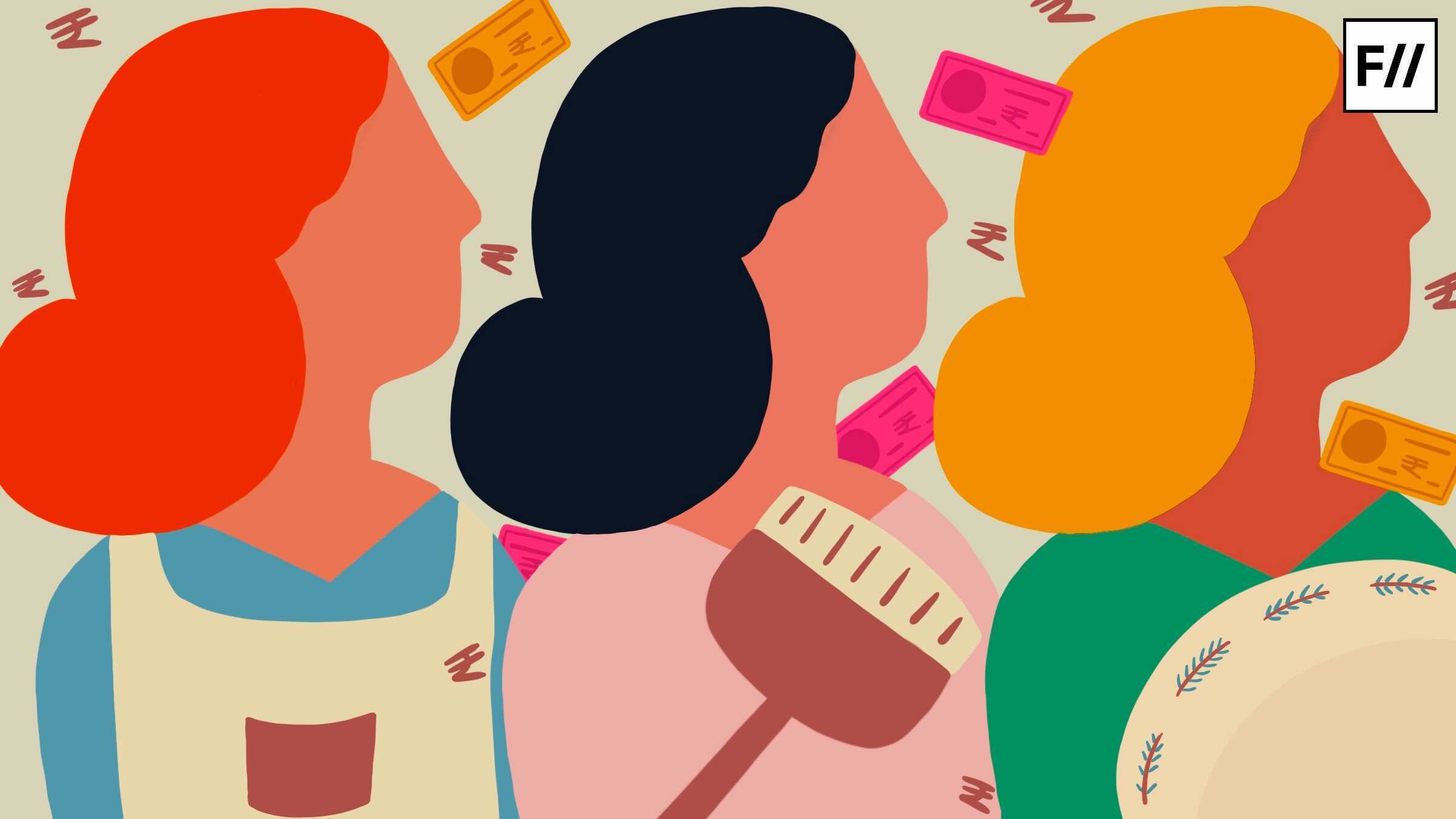Agreed! Mulan is in many ways, a refreshingly different Disney princess, a stark and celebration-worthy contrast to most of the…
Login to Read!
This content is restricted to site members. If you are an existing user, please log in below. Or you can can create an account here.
